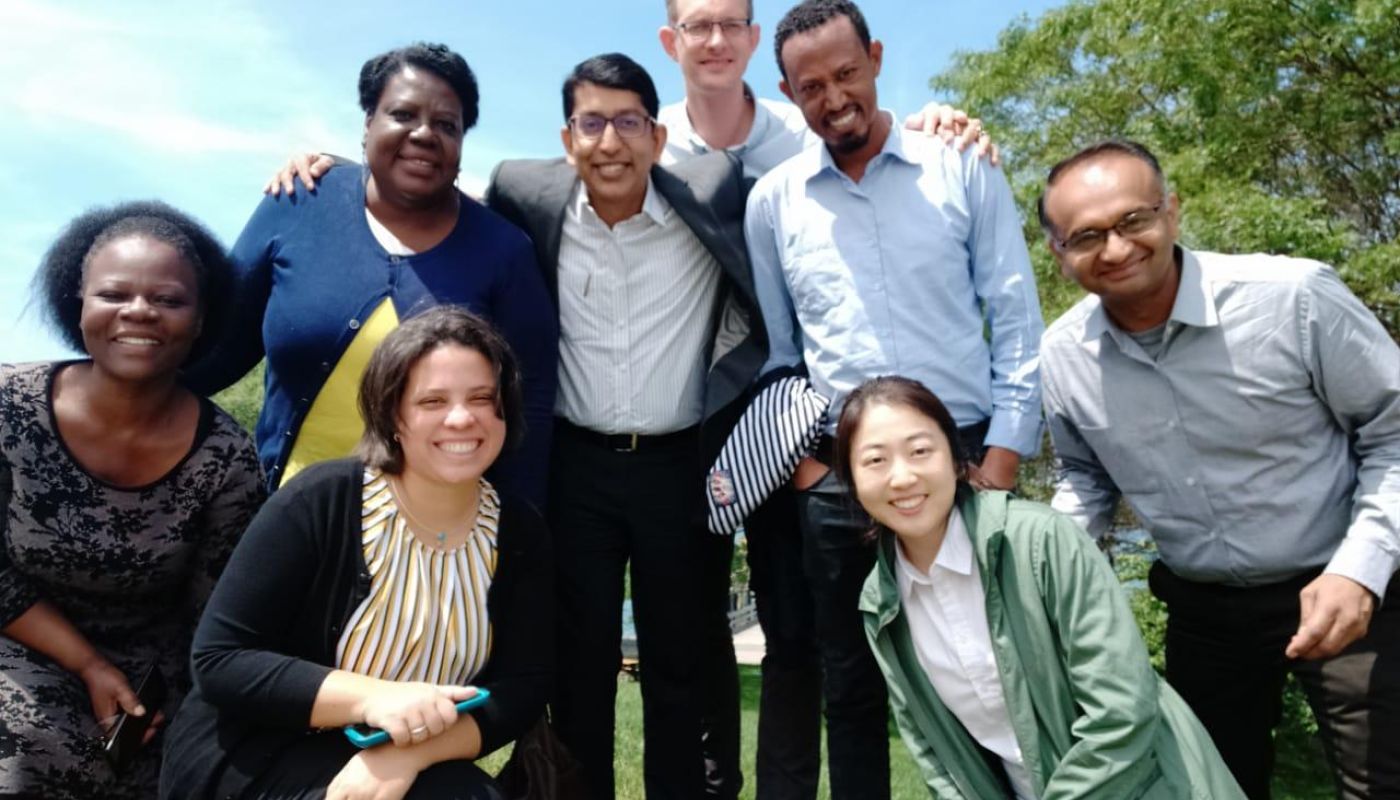The Norwegian Research School of Global Health offers training grants to its members. Read Alex van Duinen's blog post about how a course at Harvard School of Public Health gave him new perspectives for his PhD in evaluating the quality of care related to task-sharing in Sierra Leone.
By Alex van Duinen, NTNU – Norwegian University of Science and Technology and St. Olavs Hospital in Trondheim, Norway
With the support of the Norwegian Research School in Global Health (NRSGH) I was able to attend the two-week course Strengthening Human Resources in Health at the Harvard School of Public Health in Boston. My interest in this topic started during the period where I worked as medical doctor running a small hospital in rural Sierra Leone. Even though we were the only functioning hospital in the district, we had limited resources to keep the hospital running but the biggest problem was the lack of staff. There were enough people that wanted to work but only few had received formal health education. Even the ones with formal health education had to perform tasks that were normally done by higher skilled personnel. This was the start to introduce a more formal task-sharing program where Community Health Officers were trained in basic-live saving surgery and obstetrics.
Currently, I am doing my PhD in evaluating the quality of care related to task-sharing. The main question where we touched upon during the course was on how to secure rural retention. In other words, how to make sure that health workers stay in the geographic areas with the highest need and remain motivated. In general, rural areas are not the places with the best access to schooling, entertainment and other social activities.
During the course, experiences around this topic were shared by the participants who came from different countries and settings. We learned about the challenges from rural and wealthy Yukon, Canada, the logistic challenging Micronesia Islands to the highly populated province of Bihar in India with a 120 million population. Every setting had its own challenges but still the question was the same: how to make sure that health workers stay in rural areas?
Luckily, the professors at the Harvard Public School provided a framework based upon the WHO recommendations “Increasing access to health workers in remote and rural areas through improved retention”. In these guidelines 16 different interventions are suggested in the area of education, regulation, financial incentives and professional and personal support. Thereafter we applied this framework to the experience with HIV-nurses in Dominican Republic, Clinical Officers in Ethiopia and medical personnel in Saudi Aribia and discussed potential interventions.
From these discussions there are a few things that I take back to my PhD project and which could guide us to tackle the challenges with human resources in health in Sierra Leone. First of all, the importance of the selection of students with rural backgrounds, as they are more likely to serve in rural areas after their training. The possible positive effect of bonding agreement when providing free training for a selected group of students. Evaluation of living standards, professional support and incentives. And finally the need for career perspective and public recognition.
All in all, the course was a great experience and most of all the interaction with the participants was of great value. Getting some insight in the extraordinary challenges that some countries have regarding human resources for health and how to handle this was really inspiring.

"All in all, the course was a great experience and most of all the interaction with the participants was of great value."

